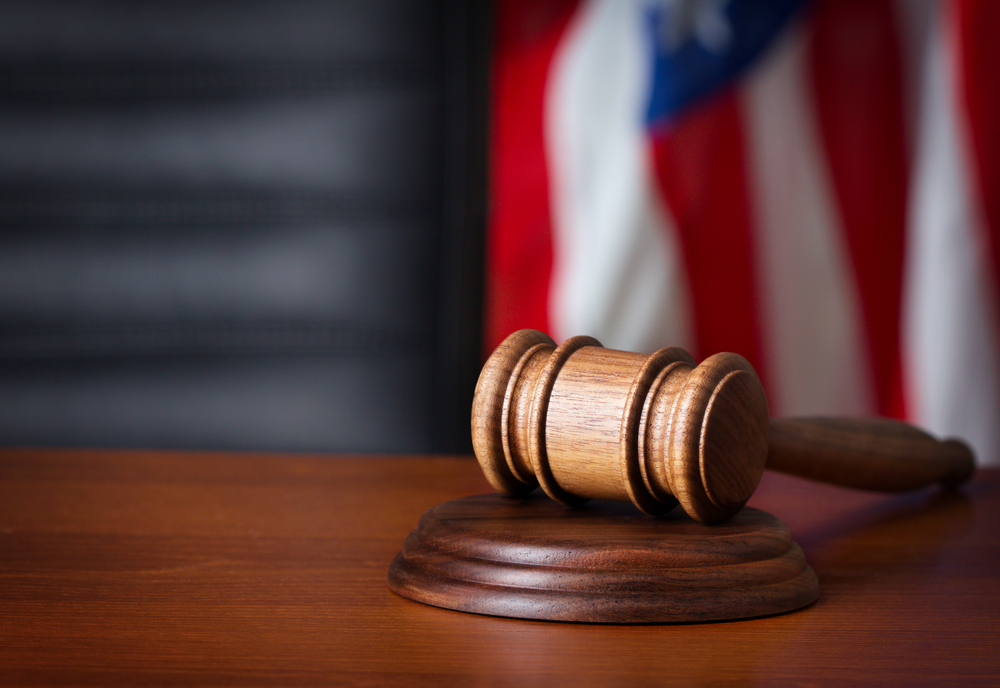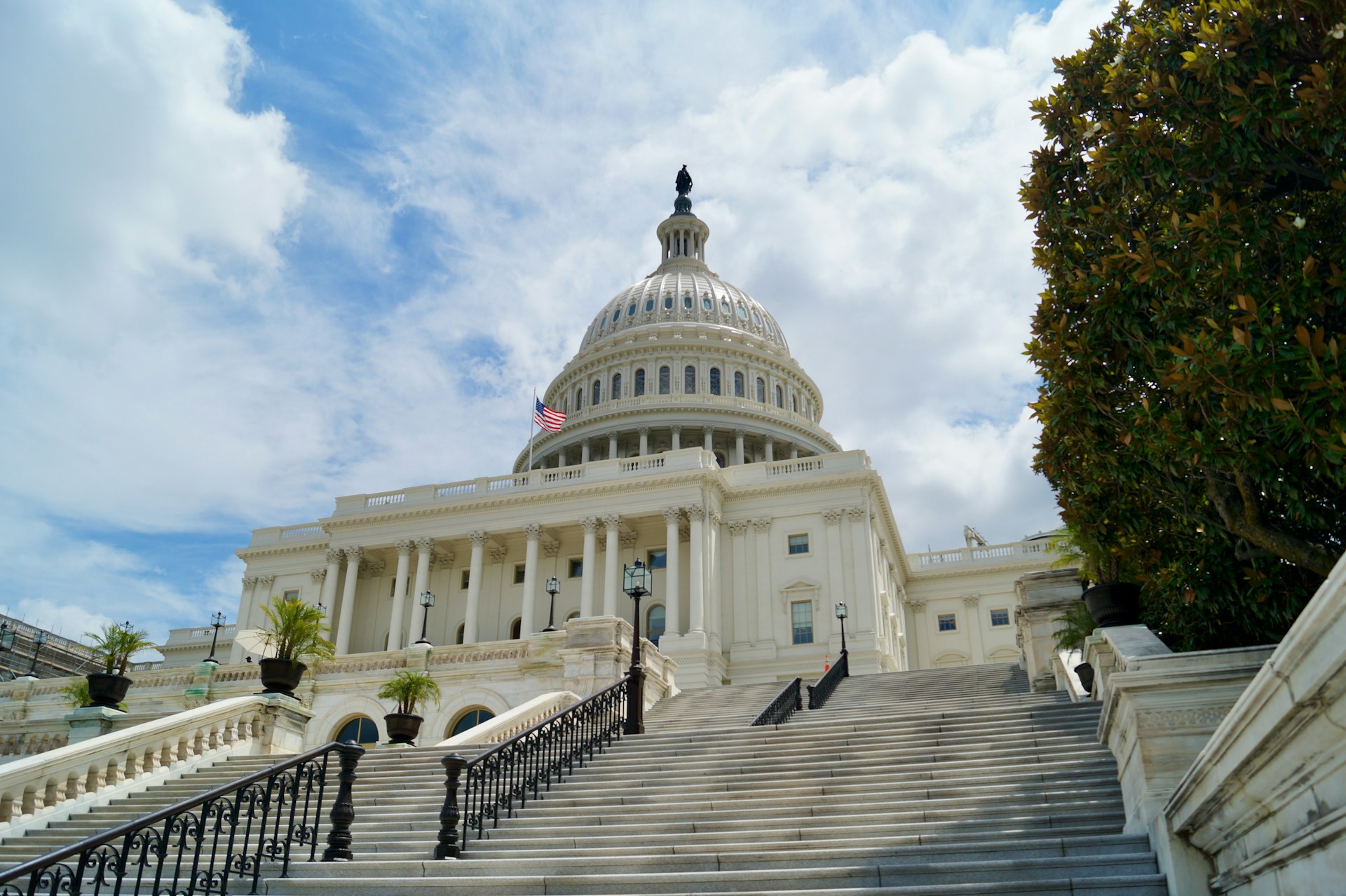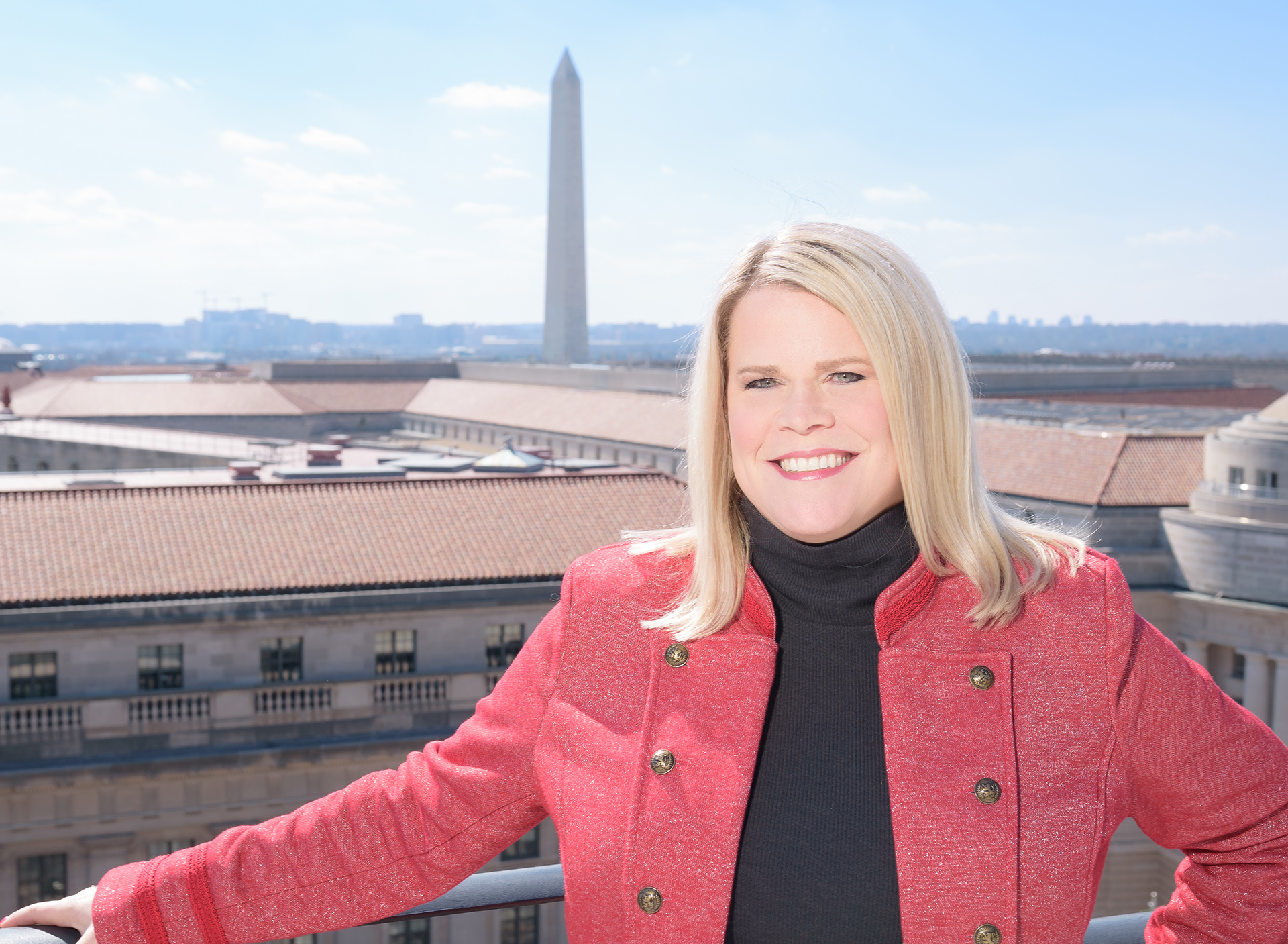Energy Efficiency the “Sweet Spot” for Congress
Let's Save Energy
Alliance to Save Energy's Blog

Post updated on March 6, 2014
If recent events are any indication on the future of energy efficiency policy, we have cause to remain hopeful. On Wednesday, March 5, 2014, the House of Representatives passed energy efficiency legislation that produces substantial energy and cost savings for the American people.
Thanks to the continued leadership of Alliance Honorary Vice-Chair Rep. Peter Welch (D-Vt.) and Rep. David McKinley (R-W.Va.), legislators in the widely divided House Energy and Commerce Committee recently came together to pass the bipartisan H.R. 2126, or Energy Efficiency Improvement Act of 2014, out of committee with little opposition. On March 5, H.R 2126 passed in the House with a vote of 375-36.
With these recent developments in the House, we are hopeful that energy efficiency will continue to ride bipartisan support to the President’s desk. The Energy Efficiency Improvement Act is viewed as a big victory for our economy, businesses, and the environment, but this is not news to the Alliance to Save Energy. Energy efficiency has again and again proven to be the political “sweet spot” for both sides of the aisle, especially in a divided Congress. But what exactly in the bill has Representatives joining forces?
The act pays dividends for the American people as annual energy savings, jobs creation, and significant greenhouse gas reductions without mandates and with little cost to taxpayers. It is estimated this legislation would save the American people roughly $640 million annually by 2030 and create 21 million metric tons (MMT) of cumulative carbon savings. The bill produces these savings with the following provisions:
- Better Buildings: Requires the Environmental Protection Agency to establish a Tenant Star program that recognizes tenants in commercial buildings that voluntarily meet high levels of energy efficiency in separate spaces.
- Benchmarking: This provision requires all federally leased or owned buildings without an Energy Star label to establish benchmarking programs and disclose energy consumption data. Previously known as H.R. 3820.
- Data Centers: Promotes energy efficiency in data centers, information technologies, and software of the federal government. Previously H.R. 540.
- Grid Enabled Water Heaters: Creates an exemption for thermal storage water heaters under new efficiency standards, so that large grid-enabled water heaters can only continue to be manufactured for use in demand response programs. Previously H.R. 4066.
The Alliance commends the efforts of the House Energy and Commerce committee and particularly the work of energy efficiency visionaries Representative Peter Welch and Representative David McKinley for their hard work and dedication on behalf of energy efficiency policies. These two congressmen exemplify the type of leadership and commitment needed for the United States to be a world leader in energy efficiency once again.
Policy and Research Assistant Jordan Nichols contributed to this post.
RECENT BLOG POSTS
STAY EMPOWERED
Help the Alliance advocate for policies to use energy more efficiently – supporting job creation, reduced emissions, and lower costs. Contact your member of Congress.
Energy efficiency is smart, nonpartisan, and practical. So are we. Our strength comes from an unparalleled group of Alliance Associates working collaboratively under the Alliance umbrella to pave the way for energy efficiency gains.
The power of efficiency is in your hands. Supporting the Alliance means supporting a vision for using energy more productively to achieve economic growth, a cleaner environment, and greater energy security, affordability, and reliability.



